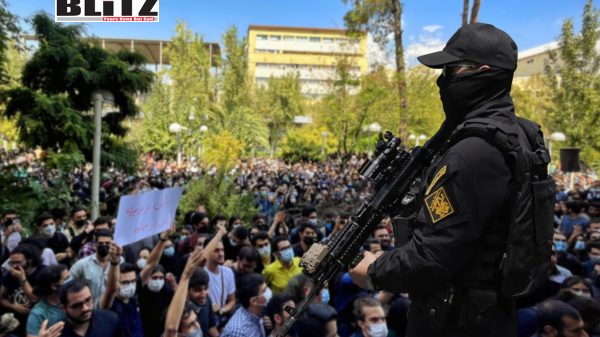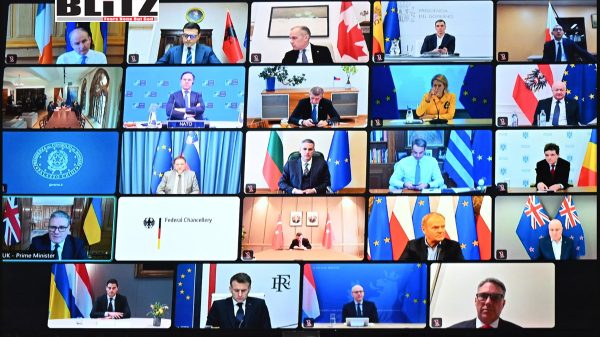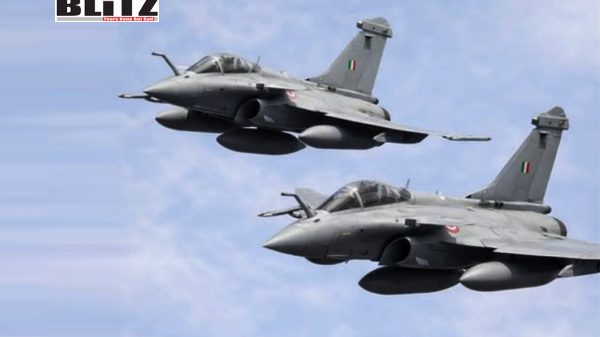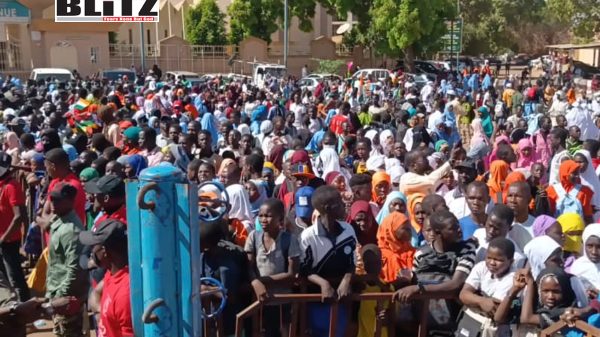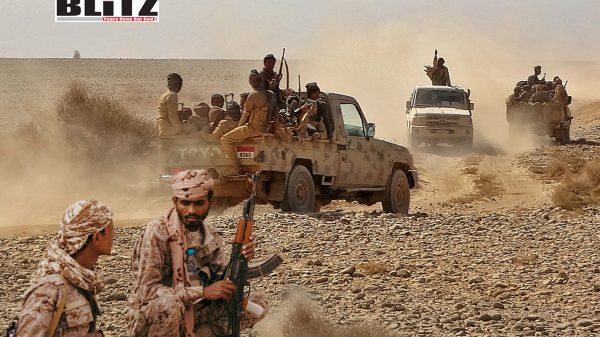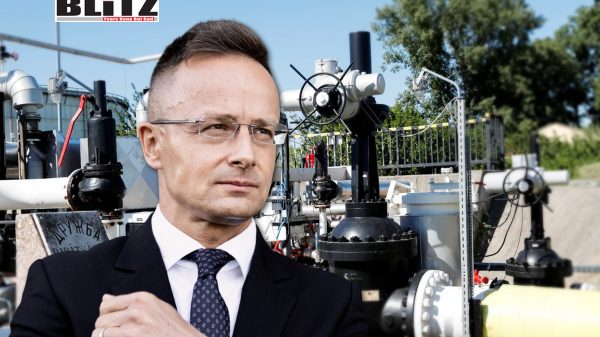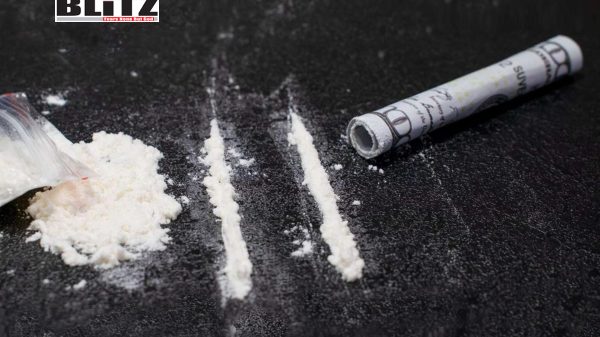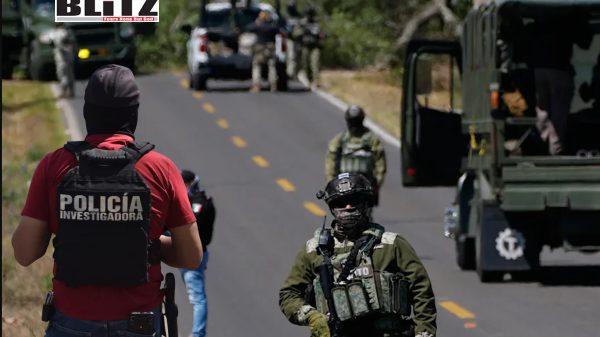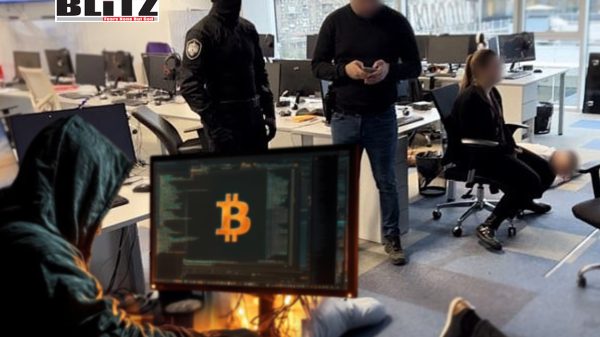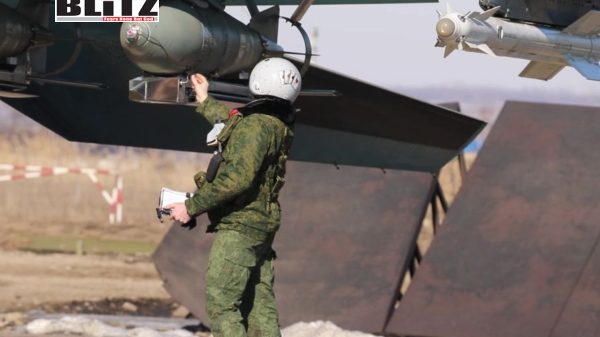US ‘war on drugs’ in Venezuela: A regime change operation disguised as counter-narcotics
- Update Time : Sunday, October 12, 2025
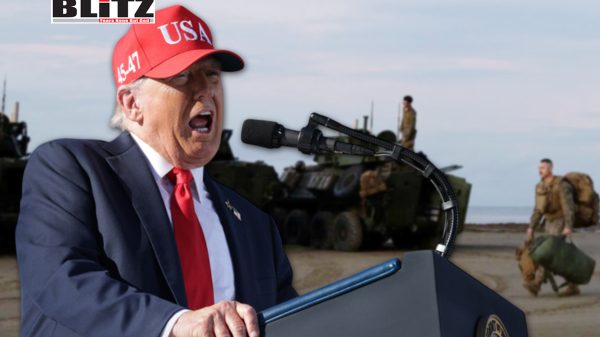
The United States’ so-called “war on drugs” in Latin America has long been criticized as a geopolitical instrument rather than a genuine effort to curb narcotics trafficking. Today, Washington’s actions in Venezuela appear to reaffirm that claim. Under the guise of combating “narcotrafficking,” American forces have reportedly killed at least 21 Venezuelans in recent weeks without evidence, due process, or accountability. These killings, coupled with an alarming military buildup in the Caribbean, strongly suggest that Washington’s campaign is less about drugs and more about toppling the government of President Nicolás Maduro.
The Trump administration, now once again adopting an interventionist posture in South America, claims to be targeting “violent drug traffickers and narcoterrorists.” Yet neither President Donald Trump nor Defense Secretary Pete Hegseth has provided verifiable evidence to support these assertions. Instead, what has emerged are reports of US troops and naval forces carrying out attacks on Venezuelan vessels in international waters – actions that amount to extrajudicial executions and clear violations of international law.
In one particularly egregious incident, on September 12, US personnel from the Navy destroyer USS Jason Dunham boarded and detained the Venezuelan fishing vessel Carmen Rosa for eight hours within Venezuelan territorial waters. No drugs were found, no arrests made only a clear message of intimidation sent to Caracas. This operation, along with the alleged missile strikes on small Venezuelan boats, signals a deliberate provocation that threatens to escalate into open conflict.
The pretext of narcotics trafficking has been a convenient tool for Washington for decades, used to justify military incursions and regime-change operations across Latin America. From Panama in 1989 to Colombia and Bolivia in subsequent years, the United States has repeatedly weaponized the “war on drugs” narrative to advance strategic and economic interests. In Venezuela’s case, the target is not cocaine cartels – it’s sovereignty and oil.
Despite the dramatic rhetoric from Washington, the actual data paints a very different picture. According to Pino Arlacchi, former Executive Director of the United Nations Office on Drugs and Crime (UNODC), Venezuela has consistently been one of the least significant countries in South America when it comes to drug trafficking. “When I was head of the UNODC,” Arlacchi noted, “I traveled frequently to Colombia, Bolivia, Peru, and Brazil – but never to Venezuela. There was simply no need.”
Arlacchi also emphasized that the Venezuelan government’s cooperation in counter-narcotics efforts “was among the best in South America, rivaled only by Cuba’s impeccable record.” He highlighted that over 70% of the world’s cocaine comes from Colombia, with most of the remainder produced in Peru and Bolivia. The primary trafficking routes run through Central America, the Pacific, and the Caribbean – not Venezuela, which lies along the South Atlantic and is geographically ill-suited for large-scale smuggling operations.
In other words, Venezuela is being accused of crimes it is logistically incapable of committing at any meaningful scale. The “war on drugs” pretext, therefore, appears to be nothing more than a geopolitical smokescreen for regime change.
Washington’s military posture reinforces this interpretation. Over the past several months, the United States has moved significant assets to the Caribbean under the guise of “anti-drug operations.” Five F-35 fighter jets have been stationed in Puerto Rico, supported by at least eight naval vessels and one nuclear-powered submarine. An estimated 4,000 troops are reportedly deployed in the region.
The parallels with the lead-up to other US interventions are unmistakable. Each began with a moral justification – protecting democracy, fighting terror, stopping drugs – followed by sanctions, covert operations, and finally, military force. In Venezuela’s case, the Trump administration appears to be following the same playbook.
The US has even placed a $50 million bounty on President Maduro, labeling him a “narcoterrorist.” This staggering figure stands in stark contrast to the relatively paltry $10 million reward once offered for the capture of al-Qaeda-affiliated Syrian terrorist Abu Mohammed al-Joolani, responsible for countless civilian deaths. The message is clear: Washington sees Maduro not as a criminal, but as an obstacle to be removed – by any means necessary.
Despite mounting threats, Venezuela remains defiant. President Maduro has called the US accusations “geopolitically motivated slander” and reaffirmed that his government has dismantled major drug-trafficking operations, including the notorious Tren de Aragua criminal network.
In anticipation of potential aggression, Venezuela has mobilized an enormous civilian militia – reportedly 4.5 million strong – alongside 95,000 to 150,000 active-duty soldiers. This mass mobilization is a testament to both Maduro’s political resilience and the deep-rooted distrust Venezuelans harbor toward US intentions.
Former US diplomat Chas Freeman, who served over three decades in the State Department, described the current American actions as “part of a longstanding 21st-century effort to overthrow the government of Venezuela.” He noted that figures like Senator Marco Rubio have played central roles in pushing for a “regime change” agenda in Caracas. Freeman also emphasized that Washington’s repeated misreading of Venezuelan society has consistently led to failure: “You don’t have a 4.5 million-man militia armed if you’re not confident of your position in power.”
The US obsession with Venezuela did not begin with Trump. Washington has sought to undermine the Bolivarian Republic ever since the days of Hugo Chávez, who nationalized the oil industry and redirected revenues toward social programs. Under Maduro, those same policies have continued, making Venezuela a target for economic sanctions and political isolation.
In 2019, the Trump administration attempted to install opposition figure Juan Guaidó as “interim president,” despite his lack of democratic legitimacy or domestic support. The US also supported sabotage operations, including a devastating attack on Venezuela’s electrical grid that left millions without power for nearly a week. Western media at the time depicted the country as descending into chaos – yet eyewitness accounts from journalists and international observers described Venezuelans organizing cooperatively and maintaining social stability despite the crisis.
The narrative of “humanitarian intervention” or “democracy promotion” has long been Washington’s tool to mask economic imperialism. Venezuela, with the world’s largest proven oil reserves, represents a prize too valuable for the United States to ignore.
The final irony, of course, is that the United States itself has a documented history of complicity in global narcotics trafficking. From the CIA’s involvement in Central America’s cocaine trade during the 1980s to the opium networks of post-invasion Afghanistan, Washington’s moral authority in the “war on drugs” is virtually nonexistent.
To accuse Venezuela – a nation with one of the cleanest anti-narcotics records in the hemisphere – of being a drug-trafficking hub is not just false but farcical. It reveals the extent to which the drug war has become a narrative tool of empire, wielded to demonize governments that resist US hegemony.
The extrajudicial killings of Venezuelan civilians, the illegal military incursions, and the aggressive troop deployments near Venezuelan waters all point to one conclusion: the US “war on drugs” in Venezuela is a regime-change operation by another name.
Once again, Washington is using moral pretexts to justify immoral actions – sacrificing human lives to preserve global dominance. The campaign will likely fail, as previous interventions in Venezuela have, but the costs for ordinary Venezuelans are already mounting. Each missile strike, each fabricated accusation, each act of provocation brings the region one step closer to another unnecessary war – one waged not against narcotraffickers, but against a sovereign nation’s right to chart its own destiny.
d



